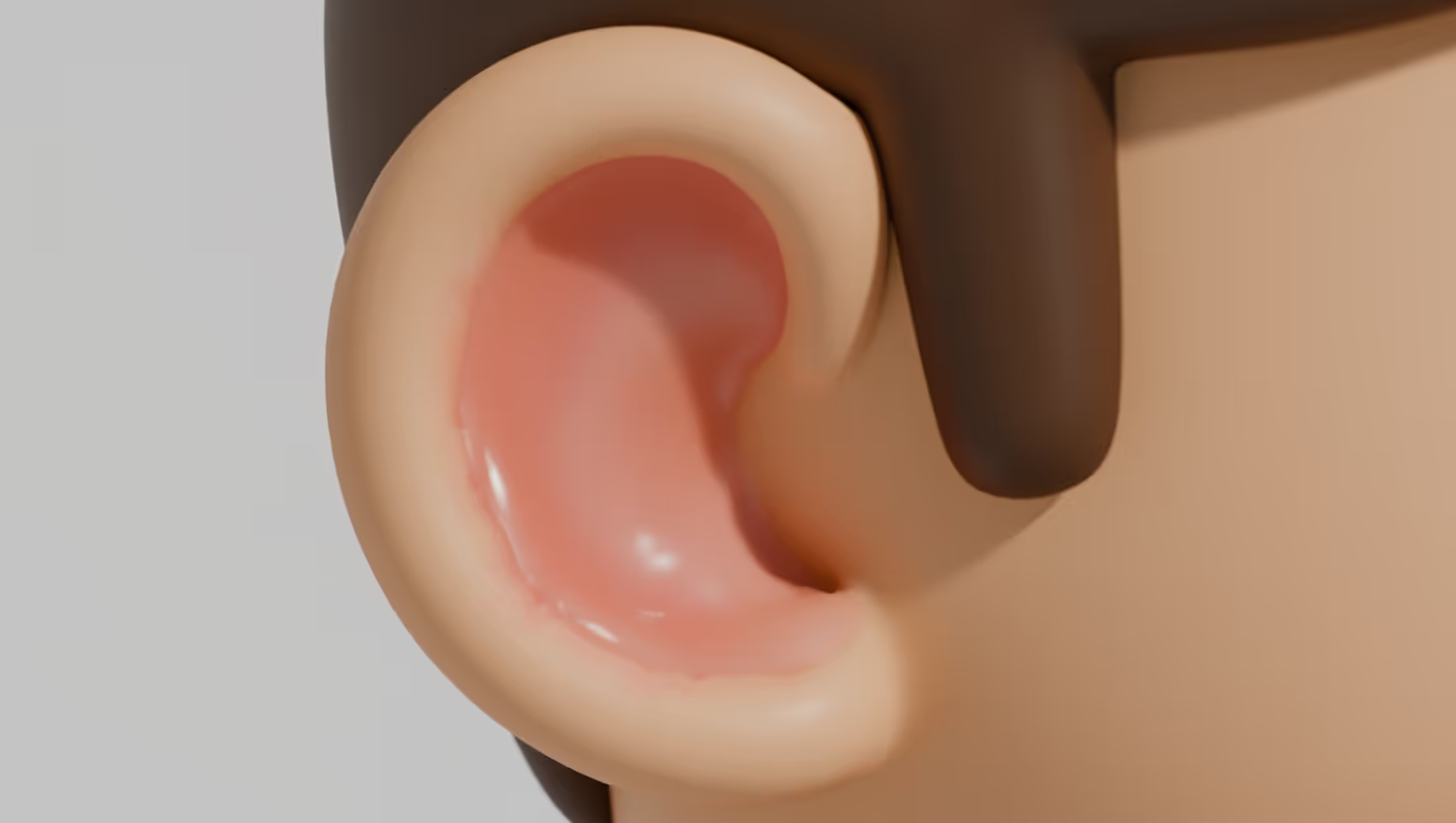What Is Pain Outside the Ear?
Understanding Pain Outside the Ear
Pain outside the ear refers to discomfort, soreness, or aching felt in the area surrounding the outer ear. This includes the skin, the cartilage that shapes the ear, and nearby muscles or soft tissues. The sensation can vary widely—some people describe it as sharp or stabbing, while others experience dull, throbbing, or burning feelings. This pain can affect just one side or both sides of the head, sometimes making it difficult to pinpoint the exact source.
The area around the ear involves many different structures—nerves, muscles, skin, cartilage, and joints all play a role. If any one of these parts is injured or inflamed, the discomfort can be felt as pain outside the ear. Because this area is close to important structures like the jaw and scalp, pain may radiate or be confused with other types of head pain. Understanding the potential causes can help clarify this common yet complex symptom.
Common Causes of Pain Outside the Ear
This post is for informational purposes and does not offer medical advice. Some common reasons why someone might experience pain outside the ear include:
- Ear infections: Middle ear infections or infections in the outer ear canal (otitis externa) can sometimes cause pain that radiates beyond the ear itself. For example, swelling or fluid build-up inside the ear can create pressure that feels like a headache or facial pain around the ear.
- Injury or trauma: Physical impacts such as bumps, cuts, or bruises to the area can cause immediate pain. Even prolonged pressure, like tight hats, helmets, or heavy headphones, can irritate the skin or cartilage, leading to soreness that may last hours or days.
- Skin conditions: Conditions such as eczema, psoriasis, or dermatitis can affect the skin near the ear, causing itching, redness, and sometimes pain. For instance, inflamed, cracked skin may become increasingly sensitive or painful if infected.
- Temporomandibular joint (TMJ) disorders: The TMJ is the joint that connects the jawbone to the skull, located just in front of the ear. Problems like jaw clenching, arthritis, or dislocation can cause pain that feels like it’s coming from the ear area.
- Muscle strain: Tension or spasms in the neck, jaw, or facial muscles—often caused by stress, poor posture, or injury—can refer pain to the ear’s surrounding area. For example, prolonged periods of poor posture while working at a computer can lead to muscle fatigue that radiates as ear pain.
- Nerve irritation: Several nerves run close to the ear, including branches of the trigeminal nerve and the greater auricular nerve. Irritation, compression, or inflammation of these nerves can result in sharp, burning, or shooting pain near the ear.
The interconnectedness of this region helps explain why pain outside the ear can be tricky to diagnose. Each cause may create similar sensations, and sometimes more than one issue contributes to the discomfort.
When to Consider Seeing a Healthcare Professional
It is important to monitor the pain and consider professional care if any of the following occur:
- The pain is severe, persists, or gradually worsens over time rather than improving.
- The area shows visible signs of swelling, redness, warmth, or discharge, which could suggest infection.
- The pain lasts more than a few days without any noticeable improvement.
- Additional symptoms such as fever, changes in hearing (like muffled sound or ringing), dizziness, or balance difficulties are experienced.
- The pain interferes with daily activities, making it hard to focus at work, engage socially, or get restful sleep.
Early evaluation can help identify the root cause and enable targeted management, which might include medications, physical therapy, or specialized treatments depending on diagnosis.
How Pain Outside the Ear Can Affect Daily Life
Even mild or intermittent pain outside the ear can disrupt a person’s daily routine in various ways:
- Work: Concentrating on tasks may become difficult if a constant ache or sharp pain distracts a person.
- Social interactions: Pain can make conversations uncomfortable or tiring, leading some to avoid outings or gatherings. It may also cause embarrassment if visible swelling or redness is present.
- Sleep quality: Pain that worsens at night or when lying down can contribute to restless nights, resulting in fatigue and reduced energy during the day.
- Emotional well-being: Chronic or recurring pain around the ear can increase stress, frustration, or anxiety, potentially affecting mood and overall mental health.
Recognizing these impacts highlights the importance of addressing even minor ear-area pain early to support physical symptoms as well as emotional resilience and daily function.
Research Insights
Recent research explores the relationship between pain outside the ear and its common causes. Studies on temporomandibular joint disorders indicate that jaw tension and misalignment affect a notable portion of the population, often manifesting as ear-area pain. This highlights the need for awareness beyond just dental or ear-related symptoms.
Advancements in dermatology show that effectively treating skin conditions like eczema or seborrheic dermatitis near the ear can reduce associated discomfort and improve quality of life.
Clinicians note that nerve-related causes, including trigeminal neuralgia or nerve entrapment syndromes, require careful approaches due to the complex anatomy in this region.
While ongoing research expands understanding, individual experiences vary. Treatment success often depends on identifying the specific cause or contributing factors in each case.
---
Ready to address your pain? Schedule your appointment at Sleep and Sinus Centers today—online or call (678) 689-1100.
This article is for educational purposes only and is not medical advice. Please consult a qualified healthcare provider for diagnosis and treatment.
Don’t let allergies slow you down. Schedule a comprehensive ENT and allergy evaluation at Sleep and Sinus Centers of Georgia. We’re here to find your triggers and guide you toward lasting relief.








